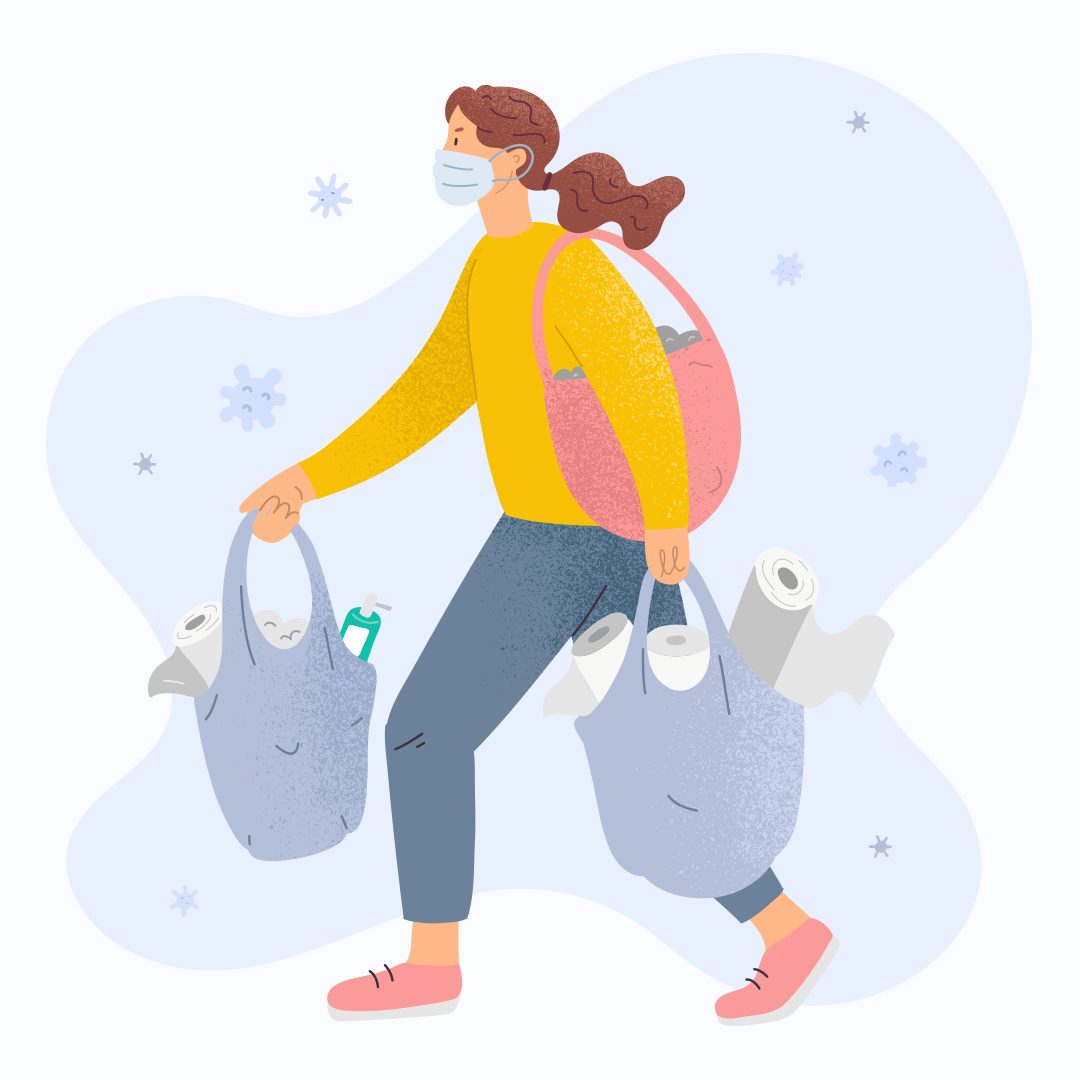SUMMARY
This is AI generated summarization, which may have errors. For context, always refer to the full article.

They called us the Peter Pan generation – the children of middle class parents raised to believe they could save the world without really realizing the work it would take to do it.
The generations that came before us raised their eyebrows at the way we put off marriage and children, flit from job to job, travelled every chance we could only to come home to our parents’ homes or undone, rented apartments instead of places we could say we owned.
They said we would never grow up, and we embraced it.
We threw the term “adulting” around because doing adult things didn’t seem to come naturally – they required constant effort. “Done adulting for the day,” we’d say in the memes that we passed on to each other like notes in a classroom.
When they said we would never grow up, we embraced it fully and hovered in the space between carefree and capable, many of us taking on the bare minimum of responsibility while taking on every opportunity to have fun.
In the movies, all the growing up seems to happen during the summer. Burning in sunshine and freedom, characters lost their innocence and gained perspective in one way or another. Empty days and punishing heat seemed to make the world ripe for moments from which there would be no turning back. Add a contagious, unpredictable virus into the equation, and a coming of age was inevitable.
In the summer of 2020, a pandemic was declared and the world as we knew it changed overnight. We didn’t know it yet, but we were about to change as well.
Those of us who still lived with our parents suddenly became the home’s chief executives. We were grounding our parents, resorting to all sorts of measures to keep them at home while we took on most of the household responsibilities.
Many of us took on tasks like doing the groceries, cooking, running bank errands, and cleaning the house for the first time – and we navigated this alien world together on online support groups.
“This group is for the kids that became their family’s tributes to the outside world,” reads the description of a 48,000-member Facebook group called “Quarantine Tribute Tips.”
We nested. Apartments that used to be at most half-furnished gradually turned into Scandi-minimalist showrooms. We joined groups where we discussed, with enthusiasm, paint colors, DIY projects, and the best way to lay out small condominiums. We bought matching furniture. We claimed space. We turned houses into homes.
We committed. Without opportunity for hook-ups or one night stands, we craved relationships that went deeper than just sex. Many of us moved in with or married partners, holding on to whatever certainty we could as we faced an uncertain future. Those of us who tied the knot did so in simple ceremonies – just family and friends, or even just witnesses. In the name of practicality, we let go of the same-day edits and the pre-nup photo shoots and the unwanted wedding guests in full understanding of what truly matters in a marriage – the partnership.
We learned to care for things outside ourselves. We sent food to colleagues in an effort to feel connected. We started fundraisers to help out friends and frontliners. We grew gardens. Somehow we found the patience for that. Far from the knee-jerk satisfaction of our old pleasures, this endeavor took time but it was okay, because we had a lot of that now. The days seemed less repetitive when we could watch something grow and thrive from nothing.
We adopted pets. We brought cats and dogs and hamsters into our homes and called them our babies. We cared for them, trained them, let them sleep in our beds, sacrificed our comfort for theirs. We felt the acute warmth of being needed by small, helpless things.
We tuned in to the news. We had to. Many watched and waited for any sign that this pandemic would soon come to an end. We got angry when it didn’t end, and got even angrier when our leaders hardly did anything to help. Many of us found that we could no longer turn a blind eye. For the first time in our lives, we called out government officials. We discussed corruption scandals and human rights abuses with our friends. We registered to vote.
We learned to say goodbye – to dreams and plans for the future. To physical touch. To businesses we helped build. To places we loved. To jobs we never expected to mourn for.
In the worst cases, we learned to say goodbye to loved ones. Funerals and wakes and other farewell rituals were either forbidden or not quite the same. There was hardly any ceremony, leaving the bereaved dealing with their losses in the most merciless way.
2020 is the year many people would rather forget, and for good reason. People say 2020 doesn’t count because it feels like nothing happened. In fact, the most curious thing happened – against all odds and in the face of insurmountable odds, we grew up. – Rappler.com
Add a comment
How does this make you feel?
There are no comments yet. Add your comment to start the conversation.